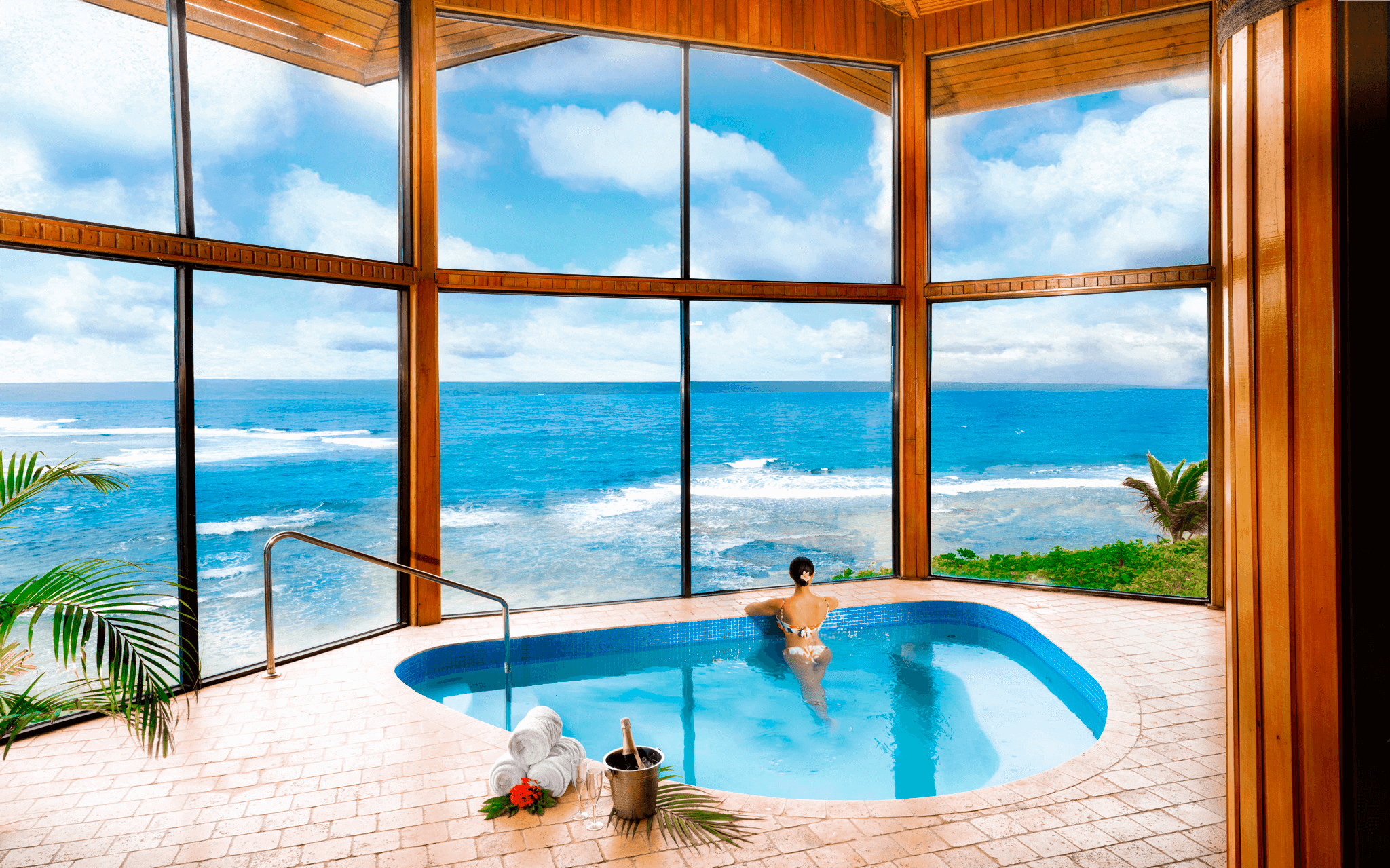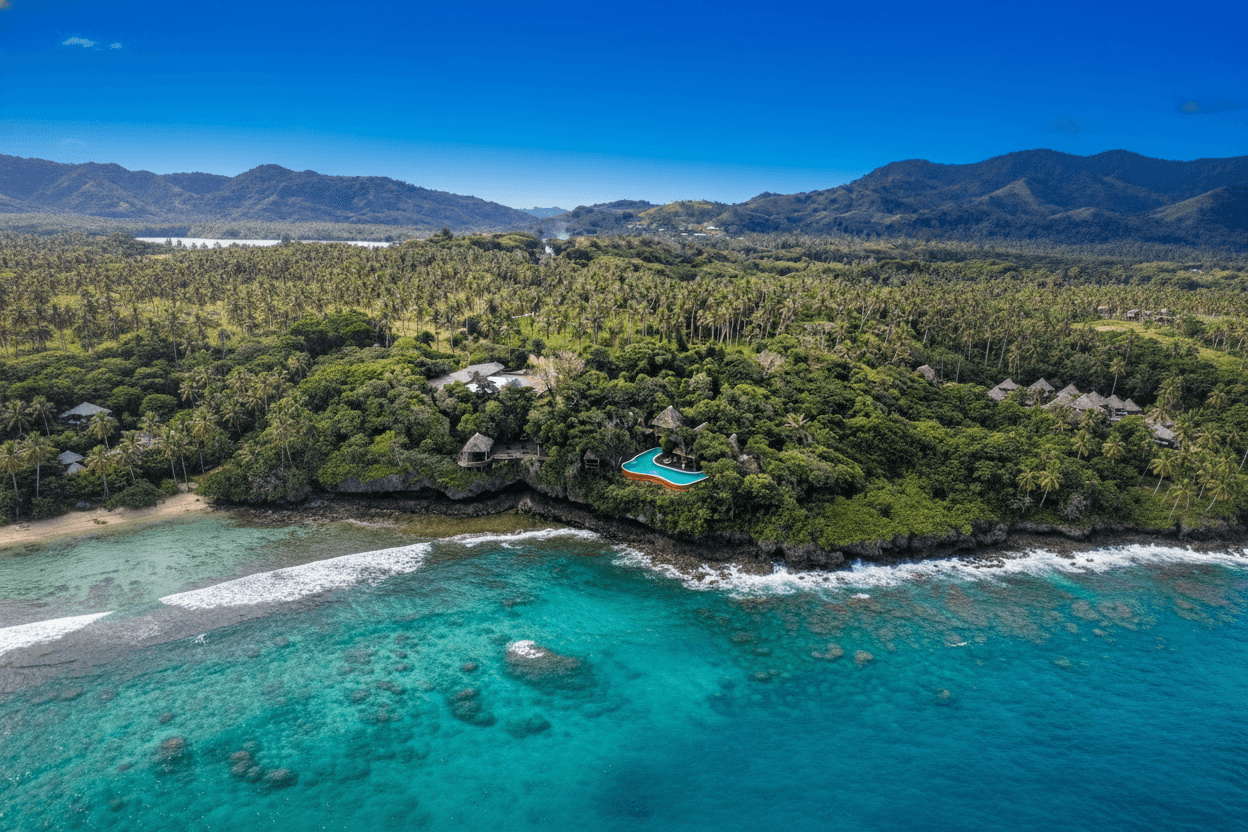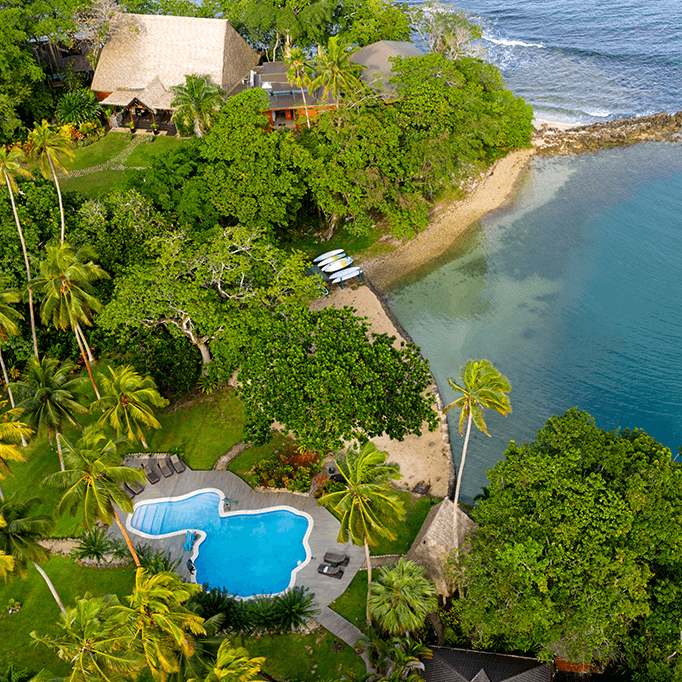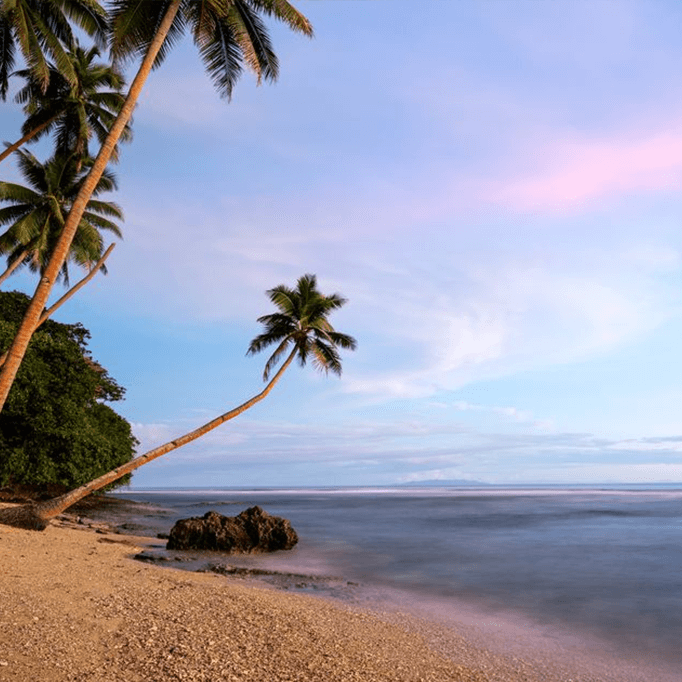What Is Sustainable Tourism?
Sustainable tourism focuses on minimizing the negative impact on the environment, preserving local traditions, and promoting the well-being of communities. It seeks to balance the needs of travelers with the protection of natural resources, ensuring that future generations can continue to enjoy the same vibrant destinations. One excellent example of this in action is sustainable tourism practices in Fiji, where efforts to protect the environment, honor cultural heritage, and support local communities have become a model for responsible travel worldwide.
Why Sustainable Tourism Matters
Iconic destinations are facing increasing pressure as more travelers visit each year. While they attract millions, these ecosystems are fragile, and without proper management, over-tourism could cause lasting harm.
As with other tropical destinations, the coral reefs in Fiji are at risk due to pollution, overfishing, and unregulated tourism activities. Similarly, the rainforests of Costa Rica face threats from deforestation and uncontrolled tourism, which disrupts both wildlife habitats and local communities. Glaciers in Iceland are melting faster due to climate change, accelerated by the environmental impact of increasing tourist traffic. National parks like Yellowstone and the Grand Canyon in the United States are dealing with overcrowding, leading to soil erosion, damaged trails, and declining wildlife populations.
Cultural preservation is equally important. Indigenous traditions, languages, and ceremonies are integral to the identity of local communities, yet these can be overshadowed or commodified by tourism. For example, Fiji’s cultural heritage is deeply tied to its land and people, much like how cultural practices in places like New Zealand or Peru are vital to the identity of their respective communities. By limiting the number of visitors to these areas, encouraging respectful behavior, and reducing waste, responsible tourism can help protect these traditions.
Sustainable tourism also supports local economies. Eco-tourism, cultural experiences, and the sale of locally made crafts offer direct financial benefits to communities while promoting the preservation of the country’s natural resources.
Who Benefits From Sustainable Travel and Tourism?
Sustainable tourism has wide-reaching benefits, not only for the environment and local communities but also for travelers. It supports the local economy by directing funds into eco-resorts, cultural experiences, and markets, while giving travelers a more authentic connection to the places they visit.
For instance, eco-tourism in Costa Rica and the Amazon Rainforest supports biodiversity conservation, while travelers exploring cultural heritage in Morocco or Fiji help preserve local traditions. In Australia, sustainable practices protect the Great Barrier Reef, and in Kenya, eco-lodges foster wildlife conservation while benefiting local communities.
Sustainable Tourism Practices
When traveling, here are some sustainable practices to adopt that benefit both the environment and local communities:
- Choose eco-friendly accommodations: Stay at resorts or eco-lodges that prioritize sustainability. Look for properties that use renewable energy, such as solar power, and implement water and energy-saving measures. For example, many resorts in Fiji grow their own food, reducing the environmental impact of food transport.
- Respect wildlife and marine life: Coral reefs are among the most biodiverse ecosystems and help to protect coastlines and provide habitats for marine life. Avoid touching coral to prevent damage and use reef-safe sunscreen. Responsible snorkeling and diving practices can help preserve the coral reefs.
- Support local artisan businesses: Support the local economy by purchasing homemade handicrafts and dining at family-owned restaurants that serve fresh, locally sourced ingredients. Joining cultural tours and activities, such as reef dives offered at Namale Resort & Spa in Fiji, with local guides, enriches your experience and guarantees that tourism supports the local community.
- Be mindful of your environmental footprint: Reduce plastic waste by using a reusable water bottle and choosing products with minimal packaging. At your accommodations, conserve resources by turning off lights when not in use, reusing towels, and disposing of waste properly. These simple actions, as demonstrated in Fiji through initiatives like eco-resorts and marine conservation efforts, can serve as a model for sustainable travel worldwide.
The Future of Sustainability
Many countries are adopting innovative practices to reduce tourism’s environmental impact, including the introduction of carbon offsetting to minimize the travel industry’s carbon footprint, while others are developing eco-certifications for accommodations that meet high environmental standards. In Bhutan, tourism is carefully controlled to protect the country’s culture and environment, with policies in place to ensure that tourism doesn’t harm its natural resources or cultural traditions. Additionally, efforts to regulate cruise ship emissions in the Arctic region and support community-driven tourism in rural India are reshaping how travel impacts local ecosystems and communities.
Fiji is also leading the way by adopting similar practices. The Fijian government is committed to eco-tourism by implementing policies that protect coral reefs, promote renewable energy, and encourage reforestation efforts. Local communities are also adopting sustainable tourism practices, ensuring that the islands’ tourism future is responsible and regenerative.
As more travelers choose eco-friendly options, Fiji is working to combine sustainable tourism with conservation. Through collaboration between the government, local businesses, and visitors, Fiji is setting a clear example of how responsible tourism can protect nature, support the local economy, and preserve cultural traditions.
Case Study: How Namale Resort & Spa Puts Sustainability Into Action
Namale Resort & Spa is dedicated to sustainable tourism, leading by example in Fiji. Our resort operates an organic farm that supplies over 50% of the fruits and vegetables served to guests. Local farmers and fishermen provide the remaining produce and seafood, ensuring that the community is supported.
To minimize its environmental footprint, Namale Resort composts food waste, recycles materials, and uses a rainwater system to filter and capture water for laundry services. The resort also sources its electricity from the local Wainique Hydro Power Station, making use of renewable energy.
Sustainability at Namale Resirt extends beyond its operations. Guests enjoy farm-to-table dining, private destination dining options, and cultural activities, all while supporting responsible tourism practices. Namale Resort’s commitment to sustainability ensures that travelers can enjoy Fiji’s natural beauty and cultural richness without harming the environment.
Namale Resort’s approach shows how luxury and sustainability can coexist, inspiring travelers and other resorts alike.







